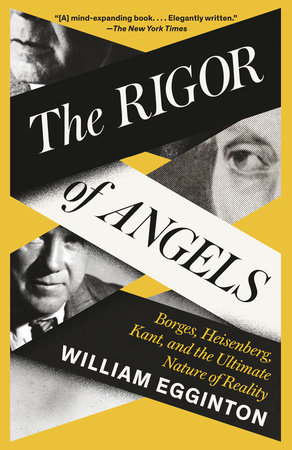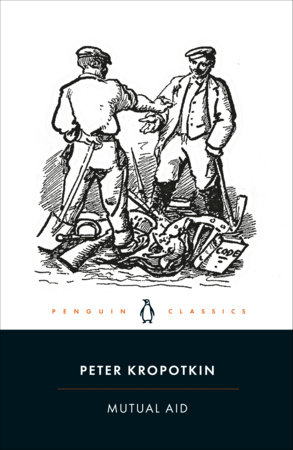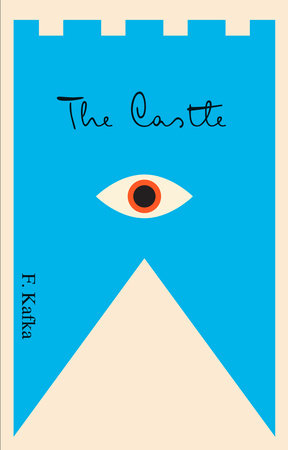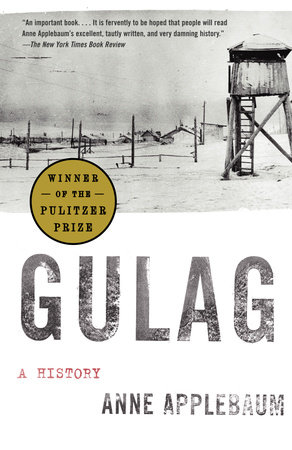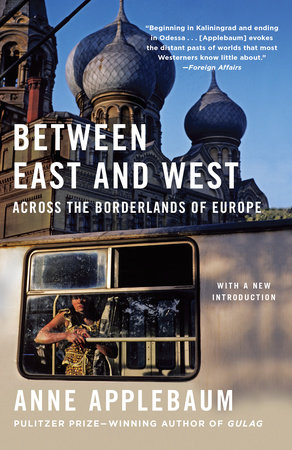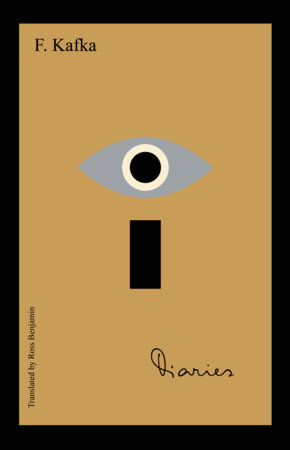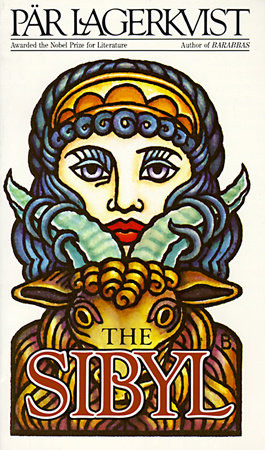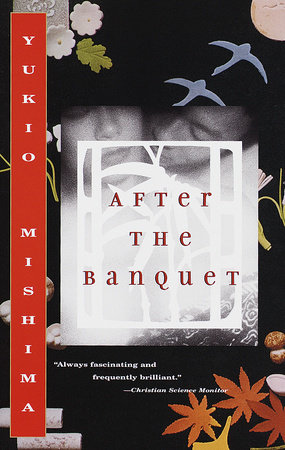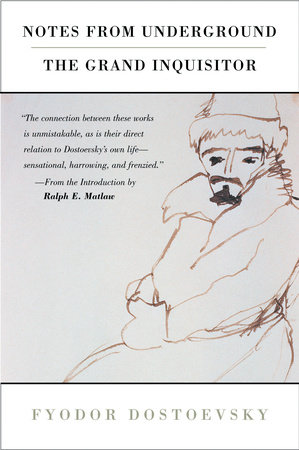A New Yorker best book of the year • A New York Times Notable Book • A New York Times Book Review Editors’ Choice
“A joint biography of three figures who called attention…to the problems and paradoxes that emerge when we try to extend our ordinary way of seeing the world beyond the human scale…. Lucid and well-written…. An impressive work of scholarship.”
—The New York Review of Books
“[A] mind-expanding book. . . . Elegantly written. . . . This is a book about the tiniest of things—the position of an electron, an instant of change. It is also about the biggest of things—the cosmos, infinity, the possibility of free will. Egginton works through ideas by grounding them in his characters’ lives. . . . The beauty of this book is that Egginton encourages us to recognize all of these complicated truths as part of our reality, even if the ‘ultimate nature’ of that reality will remain forever elusive. We are finite beings whose perspective will always be limited; but those limits are also what give rise to possibility. When we choose what to observe, we insert our freedom to choose into nature. As Egginton writes, ‘We are, and ever will be, active participants in the universe we discover.’”
—The New York Times
“The Rigor of Angels—the title is taken from a phrase in a Borges story— is a remarkable synthesis of the thoughts, ideas, and discoveries of three of the greatest minds that our species has produced. The richness of the book cannot be fully acknowledged in the space of a review. Mr. Egginton advances a great many knotty arguments and propositions, but he is never less than exciting, provocative, and illuminating.”
—John Banville, The Wall Street Journal
“In this sprightly intellectual history, Egginton explores the lives of the philosopher Immanuel Kant, the writer Jorge Luis Borges, and the physicist Werner Heisenberg in order to plumb some of the most profound questions of physics and philosophy: the limits of knowledge, the structure of space and time, free will.”
—The New Yorker
“This is intellectual history of the highest order, an acrobatic feat that examines how the lives of Jorge Luis Borges, Werner Heisenberg, and Immanuel Kant all show the falsity of what we assume is fixed reality. What a poet, physicist, and philosopher can teach us about life and its uncertainties is told in exhilarating detail, and William Egginton makes his insights accessible even to readers who are none of the above. Love, quantum mechanics, and free will have never been dealt with so engagingly. Do not let that previous sentence scare you. The Rigor of Angels is immensely rewarding.”
—Air Mail
“Fresh and illuminating. . . . What Egginton brings to these analogies is a vivid style, a mind well stocked with examples and an eagle eye for reason’s illusions, as irresistible and as deceptive as the optical variety. . . . Makes for con brio reading.”
—Times Literary Supplement
“Ambitious . . . part ode to those who have caught glimpses of that elemental coherence we call truth and part elegy for our destiny as creatures doomed to glimpses only. . . . Egginton traces the invisible threads of revelation between Zeno’s thought experiments and Kant’s cathedrals of logic, between Dante’s cosmogony and the discovery of cosmic microwave background radiation, between Plotinus and Heisenberg, in order to illuminate and celebrate how that collaborative tapestry of thought has shaped ‘our conceptions of beauty, science, and what we owe to each other in the brief time given to us in this universe’. . . . Egginton pulls back the curtain of perception.”
—Maria Popova, The Marginalian
“Is space and time continuous or discrete? Does free will exist? Is the universe finite or infinite? What would it mean to have perfect memory, perfect knowledge? . . . Masterful.”
—The Colorado Sun
“Heady but accessible. . . . Bracing. . . . Egginton has a gift for distillation, and his admirable book helps us understand what’s at stake in some of the knottiest intellectual puzzles of the last three centuries.”
—World Literature Today
“The Rigor of Angels is a book of tremendous intelligence and beauty. William Egginton makes the paradoxes of physics, metaphysics, and literature intelligible by showing how these paradoxes shape the limits of the visible world and the possibilities of the invisible one. His writing reminds us that the best humanist inquiry unites the arts and the sciences in the patient pursuit of the truth.”
—Merve Emre, Shapiro-Silverberg Professor of Creative Writing and Criticism at Wesleyan University and contributing writer at The New Yorker
“A fascinating reflection!”
—Carlo Rovelli, New York Times best-selling author of Anaximander and the Birth of Science and Seven Brief Lessons on Physics
“Humans are ambitious folk; we want to be able to know everything. But the world repeatedly confounds us with limitations on what can be known, and inescapable mediators between ourselves and the truth. William Egginton draws compelling connections between Borges, Kant, and Heisenberg, three of our most audacious theorists of limitation. We are left marveling at how much we are nevertheless able to capture of that elusive quarry called reality.”
—Sean Carroll, New York Times best-selling author of The Biggest Ideas in the Universe: Space, Time, and Motion
“Physicists attempt to explain reality, poets provide our emotional response to it, and philosophers try to establish cerebral connections. All of these endeavors are plagued with uncertainty. Werner Heisenberg, Jorge Luis Borges, and Immanuel Kant struggled with this uncertainty throughout their entire lives. Egginton takes us on an illuminating journey through the fascinating labyrinth created by their intertwined intellectual paths.”
—Mario Livio, author of The Golden Ratio and Galileo and the Science Deniers
“This book brilliantly weaves together the core ideas of three of the greatest minds of Western literature, philosophy, and physics into a soul-searching narrative. Egginton masterfully illuminates the paradox of being human, of being caught between the search for the order behind things and the magic of the transcendent, of knowing that we are playthings in the hands of time, as our lives continually fork as we make choices and we become one self while imagining countless others.”
—Marcelo Gleiser, author of The Dawn of a Mindful Universe: A Manifesto for Humanity’s Future
“Poetry, science, philosophy—for the ancients, these intellectual-artistic pursuits taught us what it is to be human: how to transcend our current station, how to grow and flourish, how to remain humble in the face of mystery and failure. Egginton’s The Rigor of Angels is a stark reminder of what each of us can achieve if we only remember what remarkable beings we are.”
—John Kaag, author of Hiking with Nietzsche
“Egginton, a humanities scholar, presents this overview with panache and a keen sense of story, making the more complex scientific theories accessible and entertaining. . . . Egginton further draws on the work of a range of thinkers that includes Boethius, Dante, and Einstein while illuminating the subjects of free will, memory, the nature of time, and the multiverse in this accessible, thought-provoking work.”
—Booklist
